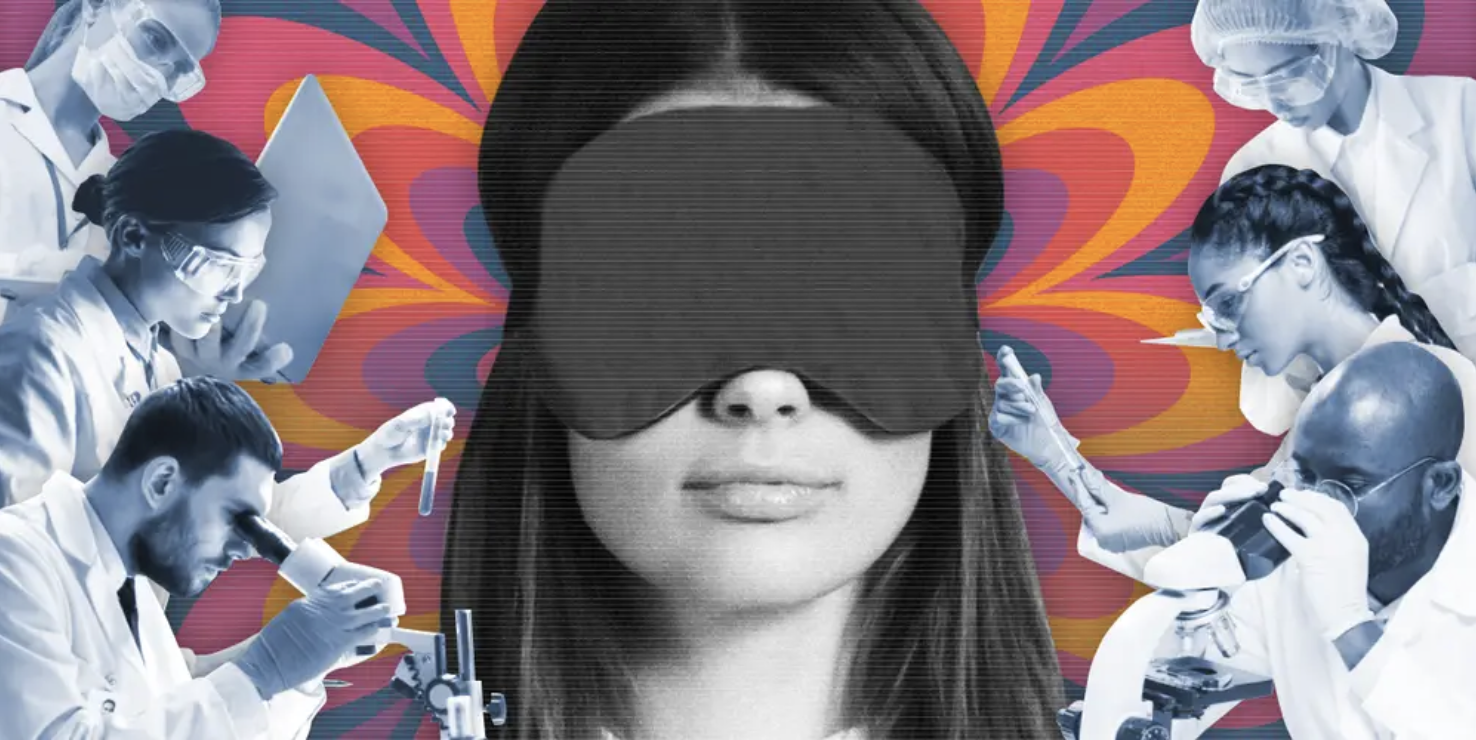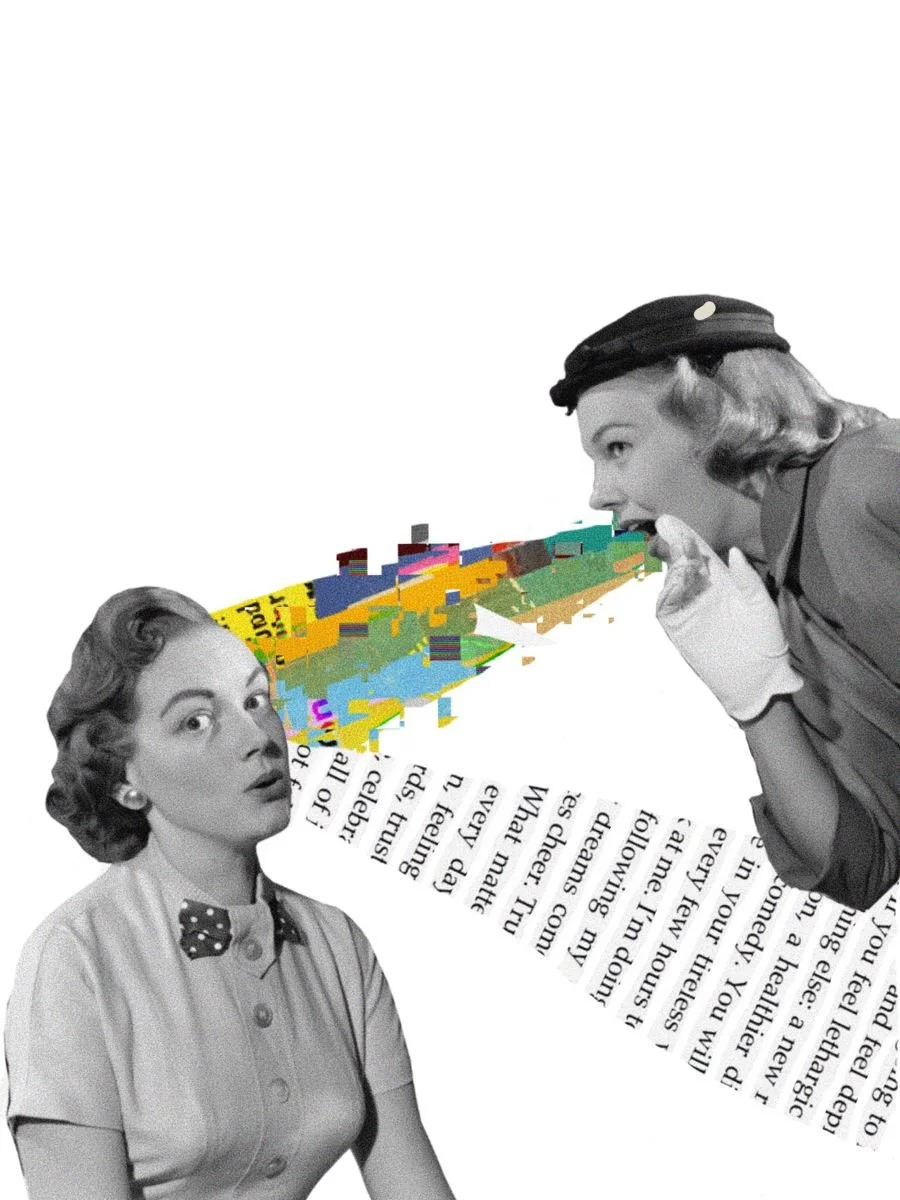MDMA for PTSD What’s Next After Federal Health Advisers Say No?
Research supports MDMA’s potential in treating PTSD, but what about the FDA?
On June 4th, 2024, federal health advisers made a significant decision, rejecting the first-ever proposal to use MDMA as a treatment for PTSD. The advisory committee raised concerns about the safety and effectiveness of MDMA-assisted therapy, stating that there is insufficient evidence to support its use and that the potential benefits do not outweigh the risks.
However, the final decision now rests with the FDA, marking a pivotal moment for many patients, researchers, and advocates who have long awaited the approval of MDMA. Based on the comprehensive research available at Changa Institute, we believe in the benefits of MDMA-assisted therapy for PTSD. Extensive research has shown that, when administered correctly, MDMA and other psychedelics can significantly improve the lives of individuals suffering from PTSD, addiction, and depression.
The Evidence and Need for FDA Approval
Several studies have demonstrated the significant potential of MDMA in treating PTSD. For instance, a Phase 3 clinical trial sponsored by the Multidisciplinary Association for Psychedelic Studies (MAPS) showed that 67% of participants no longer met the criteria for PTSD after three MDMA-assisted therapy sessions, compared to just 32% in the placebo group. These compelling results highlight the transformative impact MDMA can have on patients suffering from this debilitating condition.
Moreover, the safety profile of MDMA, when administered in a controlled therapeutic setting, has been thoroughly documented. The key to maximizing its benefits while minimizing risks lies in the professional training of facilitators who can safely administer the drug. This is where the Changa Institute plays a crucial role. Our comprehensive training programs ensure that facilitators are well-equipped to manage MDMA, Psilocybin, and other psychedelic-assisted therapy sessions, emphasizing safety, ethical considerations, and effective therapeutic techniques.
The Role of Professionally Trained Facilitators
The safe administration of MDMA is critical to its success as a therapeutic tool. Professionally trained facilitators can navigate the complexities of psychedelic therapy, ensuring that patients receive the maximum benefit from their sessions. At Changa Institute, we offer specialized training programs designed to prepare facilitators for this important role. Our curriculum covers all aspects of psychedelic therapy, from understanding the pharmacology of various psychoactive substances like Ketamine, MDMA and Psilocybin to mastering therapeutic techniques and handling potential adverse reactions.
If approved, it would mark a monumental step forward in mental health care, potentially opening the door for other psychedelic therapies to gain acceptance and integration into standard treatment protocols.
At the Changa Institute, we remain optimistic about the potential of psychedelic therapy and are committed to advancing this field through our training programs and advocacy efforts. We invite you to stay informed about the latest developments and consider the benefits of professionally guided psychedelic therapy for mental health treatment.
For more information and to explore the effectiveness of MDMA in treating PTSD, check out some of the key studies and research articles that support its use below:
Behavioral Conjoint Therapy for PTSD: Study Protocol for a Pilot Study, Contemporary Clinical Trials Communications, 2024,
https://www.sciencedirect.com/science/article/pii/S2451865424000619
Jennifer, M., Michael, B. Alia, L. MDMA-assisted therapy for severe PTSD: a randomized, double-blind, placebo-controlled phase 3 study, 2021, National Library of Medicine.
https://www.ncbi.nlm.nih.gov/pmc/articles/PMC8205851/
Zeifman, R. J., Kettner, H., Ross, S. Preliminary evidence for the importance of therapeutic alliance in MDMA-assisted psychotherapy for posttraumatic stress disorder,2024 European Journal of Psychotraumatology, 15(1)
https://www.tandfonline.com/doi/citedby/10.1080/20008066.2023.2297536?scroll=top&needAccess=true



